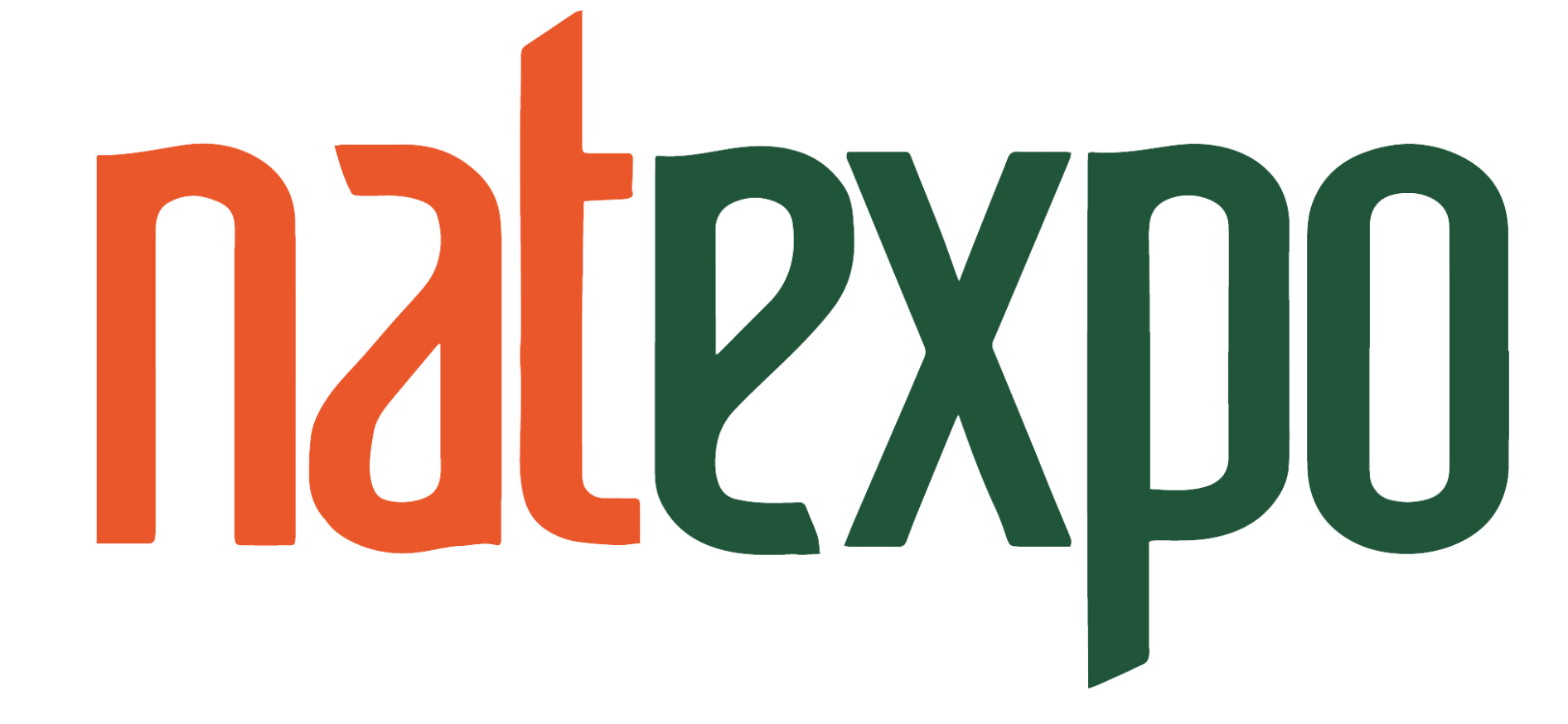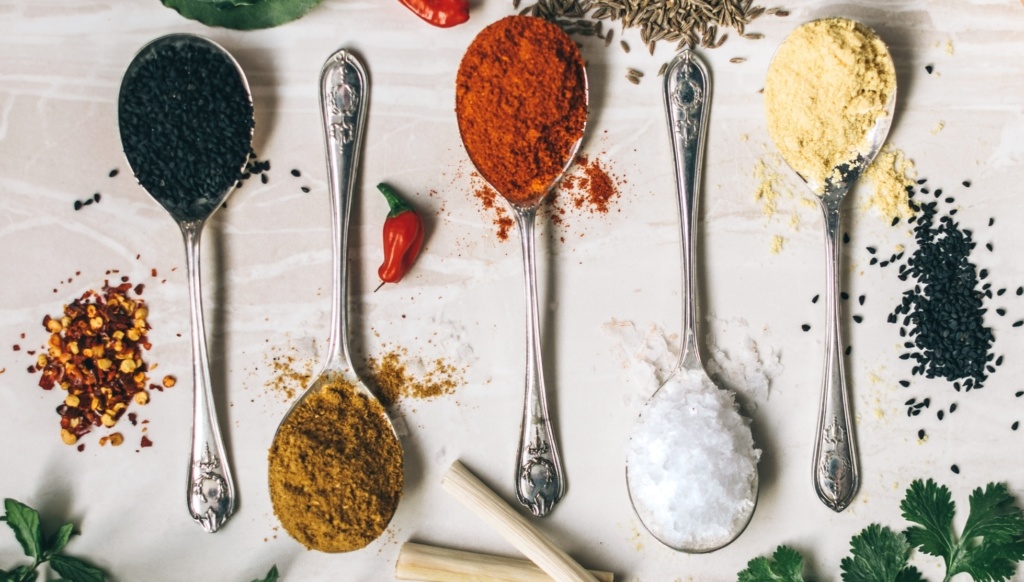Healthy, local and sustainable food. This is a good summary of the direction taken by the food sector as a whole today. But expectations are even more diverse and demanding, and sometimes self-contradictory. People expect our food to be tasty, good for our health, not too processed, attentive to the welfare of animals and the people who produce it, and caring for the planet. More practically speaking, people want to see products with an increasing number of guarantees, transparency, information (composition, nutrition, origins) and all of that, if possible, without any packaging. Products must be healthy and safe, convenient, keep for long periods and all of that too, if possible, without any packaging.
What a set of challenges for food manufacturers, whether industrial firms or small-scale outfits!
At the heart of this global transition, organic farming is both increasingly acknowledged and increasingly challenged. Its four founding principles[1] are no longer sufficient to stand out on the market. But its players, who have been committed to the cause for many years, and many of whom can be found at Natexpo, have within their DNA the notion of always trying to “do better”. It is therefore a hive of innovations, eco-concepts and ambitious approaches that will be once again observed at the 2021 edition.
A short history of organic ingredients at Natexpo
Since 2017, Natexpo has played host to a sector dedicated to Organic Ingredients and Raw Materials for food, health food and cosmetics. What role do these suppliers have in the current transition? How do the suppliers of organic ingredients, the intermediate link between farm production and processing, anticipate and fulfil downstream expectations?
This part of the food production chain is often unfamiliar to consumers, yet it plays a key role in the value chain. Each of them specialists in their field of expertise, they support, advise and secure the supplies of manufacturers. This is particularly important given that in a responsible procurement policy, they are the essential partners for buyers, who cannot manage all their raw materials directly, and for factories, which cannot “prepare” all the ingredients either.
[1] The four founding pillars of organic agriculture are the principles of Health, Ecology, Fairness and Care (according to IFOAM Organics)
While the supply of organically certified ingredients was relatively insignificant 10 years ago, considered to be a niche and opportunistic market, it has progressively emerged with the strong growth of the organic market in recent years. The historical market players have increased their visibility, taking advantage, in particular, of new platforms such as the dedicated sector at Natexpo. And conventional players have taken to developing their own organic offering – and more importantly, promoting it.
All-round innovation in the organic ingredients sector
Nowadays, as we regularly report in our media ingrebio.fr, we are witnessing a boom in solutions that have an organic version. Not only are functional ingredients increasingly available, but their range of functions is growing. We can see this for example in the flavouring sector, where – boosted by new regulatory standards – the supply side is expanding in terms of both ranges and contributors. Suppliers are working in all areas: taste and texture, but also conservation (more natural) and the nutritional value of products. This can be expressed for example in the proposal of advisory services to improve a product’s Nutirscore, or the deployment of studies to better assess the nutritional value of ingredients.
Finally, suppliers of organic ingredients strive to meet the demand for greater transparency along the whole supply chain. Many of them communicate about their supply channels, their partnerships, etc. just as they do through labels for fair trade or alternative private trademarks (Nature et Progrès, Demeter, etc.). And an increasing number of them are beginning to guarantee ingredient origin to manufacturers who can then promote this on their end products. Blockchain solutions are already arriving to assist with this, and will be deployed.
Differentiation on the dynamic organic market is clearly achieved through the quality and care taken with the ingredients that are used. (Even if other criteria are attracting more attention, such as the choice of packaging or the CSR commitments of companies.) The selection of raw materials, whether the responsibility of the manufacturing company or that of an intermediate supplier (wholesaler or first processor) is naturally crucial. And it is facilitated when it is conducted within the framework of a fair long-term partnership. But it is also aided by the innovation of technology and processes which are increasingly responsible (in plant extraction, for example). This type of innovation furthermore turns out to be particularly expedient in exploiting the full potential of food by-products. And we can already detect a bright future for these circular economy projects involving the various actors in the chain.
[1] The 4 founding pillars of organic farming are the principles of Health, Ecology, Fairness and Precaution (according to IFOAM Organics)
Article written by Ingrébio









